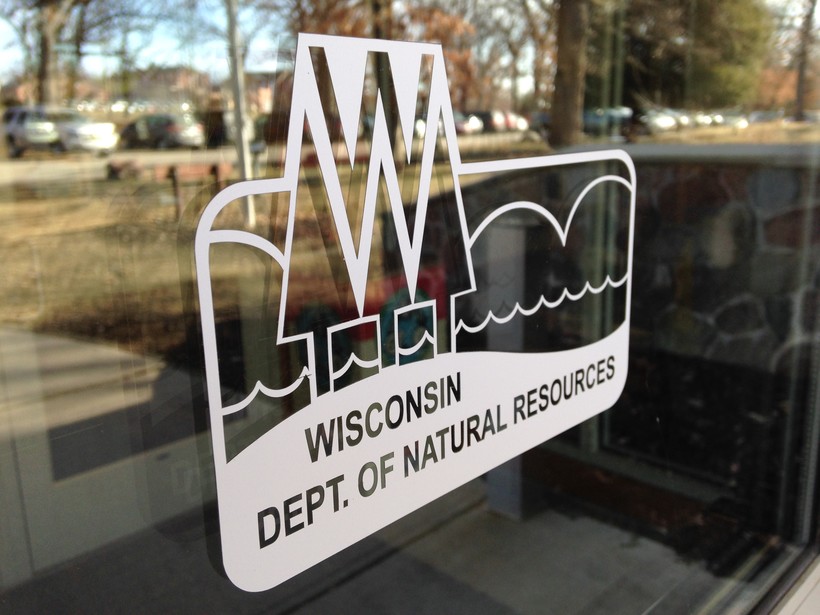The head of the Wisconsin Department of Natural Resources on Thursday defended the elimination of the agency’s magazine and a decline in state pollution fines.
DNR Secretary Cathy Stepp said Gov. Scott Walker’s proposed elimination of the department’s magazine, Wisconsin Natural Resources, will help the agency focused on more “two-way communication” with Wisconsin residents through avenues such as social media.
“This isn’t really providing the same return that maybe it did 20 years ago,” Stepp said of the magazine. “There’s no way to interact with our public that we serve, and it’s really important to have two-way communication with our residents so we can understand what are their wants and desires, what do they expect to see as a service from our department.”
Stay informed on the latest news
Sign up for WPR’s email newsletter.
Stepp also said eliminating the magazine, which has been published for nearly 100 years, will help agency staff focus on other work.
“It takes away from the work that you have charged us to do,” Stepp told lawmakers.
She said the magazine has about 80,000 subscribers.
Critics argued the magazine has a loyal audience and serves residents who may not be inclined to go online for news.
The secretary was also pressed to defend her agency’s enforcement of pollution regulations.
Numbers released last year by the Wisconsin Wildlife Federation found Wisconsin pollution fines had dropped to their lowest levels in more than a decade.
Stepp said the department has changed the way it interacts with potential violators and is focused on prevention.
“I promise you we’re not turning a blind eye to any of that,” she said. “I would say I think it’s good news that those numbers are going down.”
A state audit released last summer also found the DNR had fallen far behind in sending enforcement notices for water pollution violations. Stepp said that was due to staffing shortages and the department has since taken steps to address the shortfall.
The secretary also took questions about changes to references to climate change on the agency’s website.
She said the statements had been more “definitive” than “we were willing to dive into.” She added she believed the site didn’t accurately reflect ongoing debate “way outside” the DNR about the human impact of climate change.
Wisconsin Public Radio, © Copyright 2025, Board of Regents of the University of Wisconsin System and Wisconsin Educational Communications Board.




